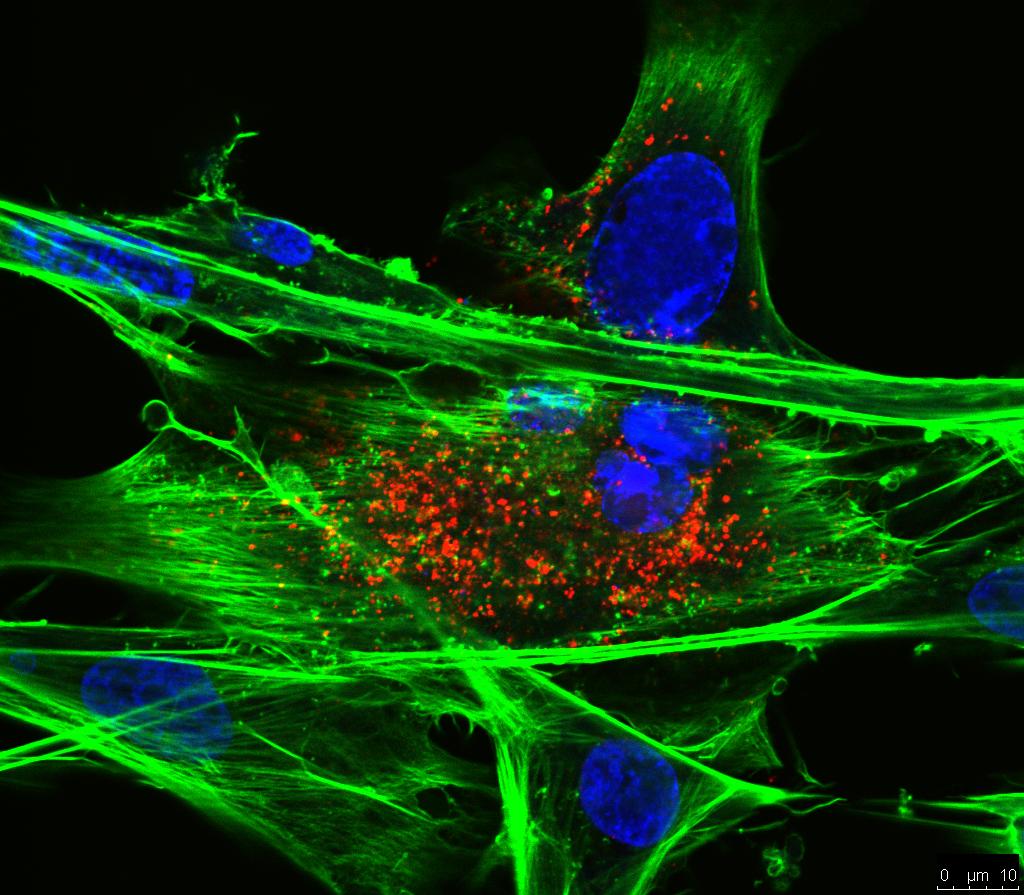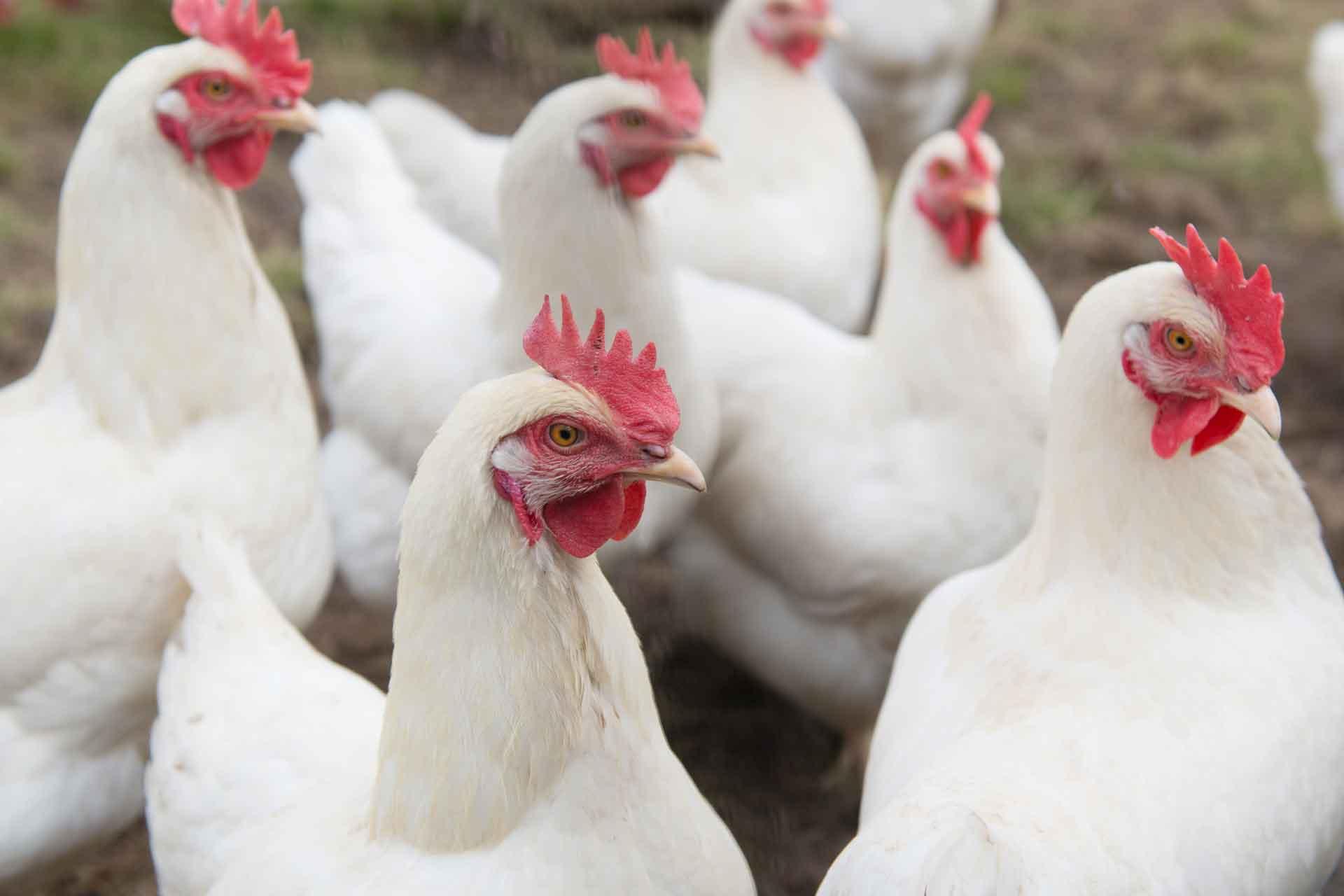A genetically engineered commercial chicken line is resistant to highly pathogenic avian leukosis virus subgroup J
Viral diseases remain a major concern for animal health and global food production in modern agriculture. In chickens, avian leukosis virus subgroup J (ALV-J) represents an important pathogen that causes severe economic loss. Until now, no vaccine or antiviral drugs are available against ALV-J and strategies to combat this pathogen in commercial flocks are desperately needed. CRISPR/Cas9 targeted genome editing recently facilitated the generation of genetically modified chickens with a mutation of the chicken ALV-J receptor Na+/H+ exchanger type 1 (chNHE1). In this study, we provide evidence that this mutation protects a commercial chicken line (NHE1ΔW38) against the virulent ALV-J prototype strain HPRS-103. We demonstrate that replication of HPRS-103 is severely impaired in NHE1DW38 birds and that ALV-J-specific antigen is not detected in cloacal swabs at later time points. Consistently, infected NHE1ΔW38 chickens gained more weight compared to their non-transgenic counterparts (NHE1W38). Histopathology revealed that NHE1W38 chickens developed ALV-J typical pathology in various organs, while no pathological lesions were detected inNHE1ΔW38 chickens. Taken together, our data revealed that this mutation can render a commercial chicken line resistant to highly pathogenic ALV-J infection, which could aid in fighting this pathogen and improve animal health in the field.

